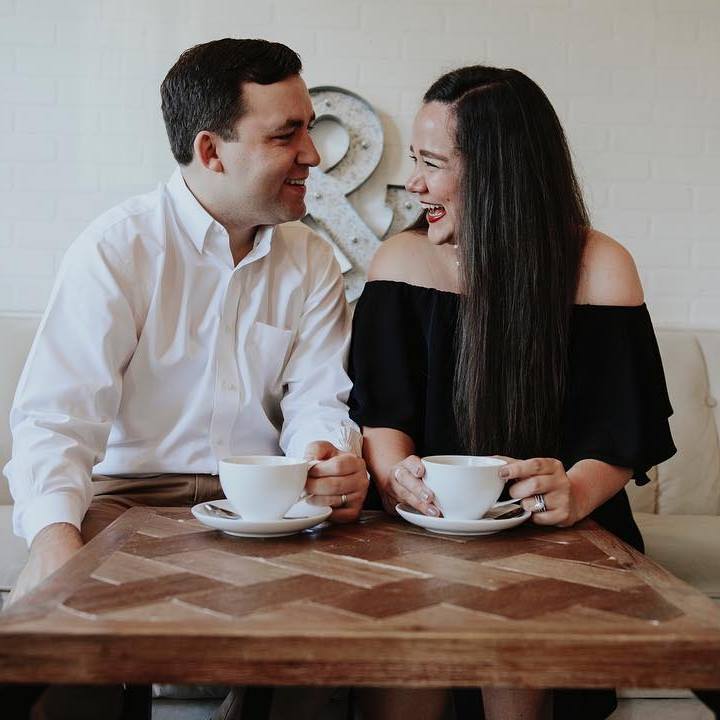Within days, if not minutes, of losing a child, information about the grieving process is presented in any means necessary. Maybe it’s because of where we were situated at the time of our loss, but for us, it feels as if the information almost always circles back to the marriage survival rates after the loss of a child and driving home the point that men and women grieve differently.
I do not feel qualified to address the statistics of marriage survival after the loss of a child. To be honest, it is probably still one of my greatest fears and number one things on my prayer list.
I do, however, feel qualified and compelled to talk about the male and female grieving process and how it differs in light of losing a child.
Spoiler alert — I am not buying it.
Men and women do lots of things differently. That is how God made us. That is why we are so attracted to and compatible with the opposite sex, right?
 I am typing carefully to avoid any gender stereotypes here, but it is undeniable that men and women have different bodies. Not only do we have different equipment, but we have different hormones, shapes, sizes, and builds. Men lose 5 pounds to every 1 pound lost by a woman, amiright?
I am typing carefully to avoid any gender stereotypes here, but it is undeniable that men and women have different bodies. Not only do we have different equipment, but we have different hormones, shapes, sizes, and builds. Men lose 5 pounds to every 1 pound lost by a woman, amiright?
We dress differently. We love differently. We show affection differently. We shop at Target differently.
So, it should be no surprise that we process grief and show those emotions differently. It is no shock to me that women are confused and saddened by the inward approach to sadness and fear that men often take in the midst of a crisis when emotions are running high.
But that does NOT mean that men and women GRIEVE differently. That does not mean that men and women FEEL differently.
At the end of the day, if you cry once an hour every hour over the loss or if you are unable to shed a tear, the LOSS is still the same. The loss is not changed by the way you process the emotions. So, while I agree that the outward demonstration of grief can be different between men and women, just like the clothes we wear, I do not think the grief, the hurt, the broken heart, and the sadness are any different. The actual grief remains the same.
My good ‘ole friends at Merriam-Webster define actual grief as “deep and poignant distress caused by or as if by bereavement.” Grieving, on the other hand, is defined as “to feel or show grief over.”
I just do not think that men and women are FEELING the grief differently. Sure, showing it is different. But that is not as important to me 18 months out. It is not important to me how he is showing me the grief. That should not be part of the struggle. I think we should assume that, just as he won’t wear a a dress and lipstick to show his respect for a married couple when attending their wedding, he will not show the grief the same as I do. BUT THE GRIEF REMAINS THE SAME.
If you are knee deep in brand new, raw, and suffocating grief then you should KNOW that your spouse is hurting with you even if you do not see it. But if you don’t see it and you NEED to see it, THEN ASK HIM ABOUT IT. Force HIM to talk about it. Straight up say to him — “hey, I know we are handling this differently, but can we TALK ABOUT IT BECAUSE I AM DYING HERE!”
Again, because at the end of the day, the loss is the same. The feeling is the same. You are both without a child that you had hopes, dreams, and plans for. The way you demonstrate that loss does not need to create the divide in the two of you that you are led to believe it will.
We still have a lot to learn. But I will say that I truly think that no one will ever understand the grief I have / am / and will continue to experience over losing Theo except for my husband. The loss will never mean what it means to me to anyone more than what it means to my husband. We are similarly situated in that grief. And while I would never wish it on him, I sure am glad to be in the trenches with him … fighting with all we have to beat the odds.


















